Many people have a romantic attraction to the notion of having a local indpendent bookshop. They like the appeal an eclectic shop, full of charm and soul, stocking an eclectic mix of titles and offering a superior service, unlike the the anonymous chains on an identikit High Street.
That’s why it’s surprising to learn that Southwold Books, The Rye Bookshop and Harpenden Books are not quite what they seem. They have all the trappings of a good local bookshop (in in well-to-do small towns) but they are in fact branches of Waterstones run by the national chain. Although you wouldn’t know this because they aren’t branded as such. There is no outward signage to make it plain that you aren’t shopping from an SME.
Waterstone’s chief James Daunt has defended the practice saying that he considers the practice a way of encouraging staff to behave more like independent booksellers: “We’re coming into quite sensitive High Streets, ones predominantly with independent retailers on them, and we wish to behave as they do. Part of the reason that we do it is to convince our own booksellers that they have the autonomy that they do have. I think I have always acted and worked as an independent book seller and I would love for everyone who works for me does so likewise.”
There is perhaps a dishonest aspect to this sort of practice. But, then again, only a handful of big conglomerates own many of the brands we know and love. Heinz owns Lea and Perrins, for instance. And big firms trying to pass themselves off as other sellers is a fairly commonplace practice online if for different reasons. Plenty of big firms sell on eBay and Amazon sell their goods under a trading name, usually because they consider selling online to be detrimental to their main brand.
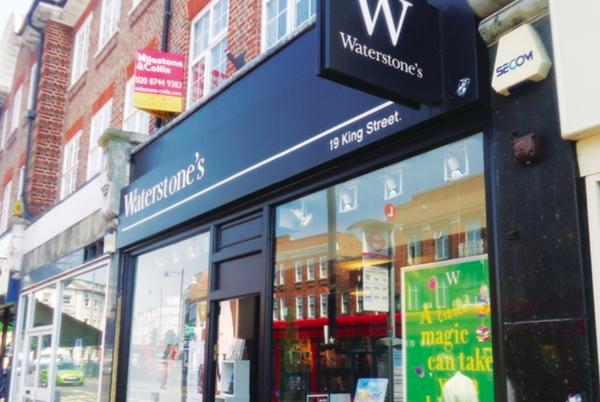



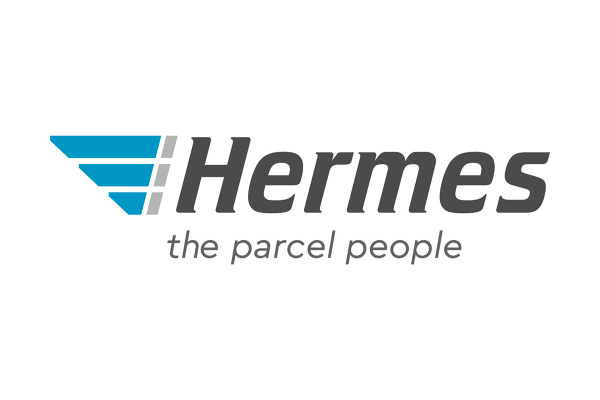

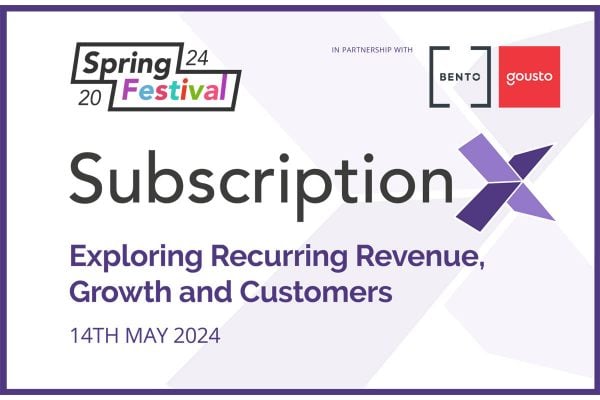
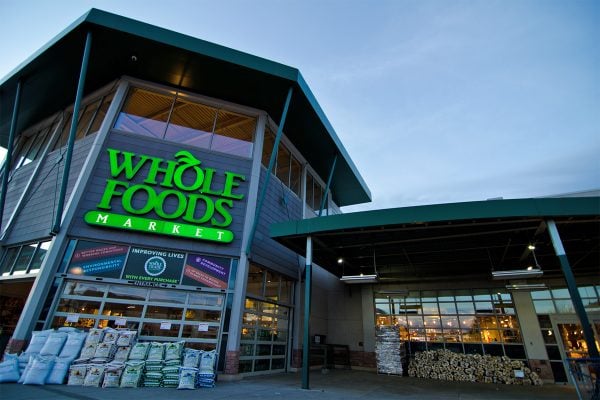

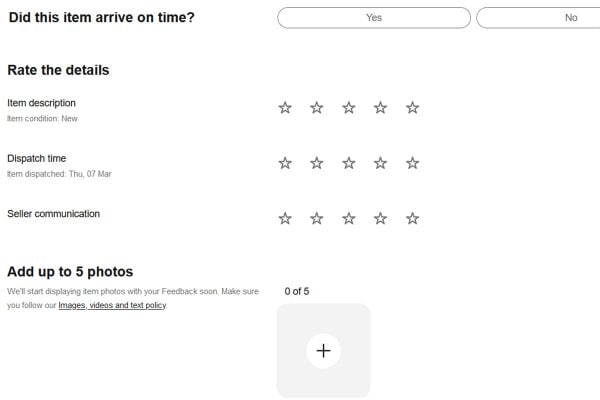
2 Responses
I do not agree. I’m just grateful that there are still good bookshops that care about literature and print information. Have you looked at what WHS**** has to offer? This helps the High Street and the general reader.
Talking of brands, I feel James Daunt is a name to respect and trust – he says there’s local micro management and buying, so what if Waterstones supply the books? Thank you to Daunt for helping small bookshops survive in this Amazon-dominated life.
big brands realise that certain people just dont want to buy from big brands, so they con them into thinking they’re not buying from big brands.
what could possibly be interpreted as dishonest about that?
how hard would it be to keep the old “mom & pop’s friendly bookshop. est. 1304” and add a little “now part of the waterstone’s family” or such like, on the end?
well it would retain all the benefits they claim to use this practice for, but remove the element of conning un-suspecting people who don’t want to buy from waterstones. which is why they dont put that on the signs.